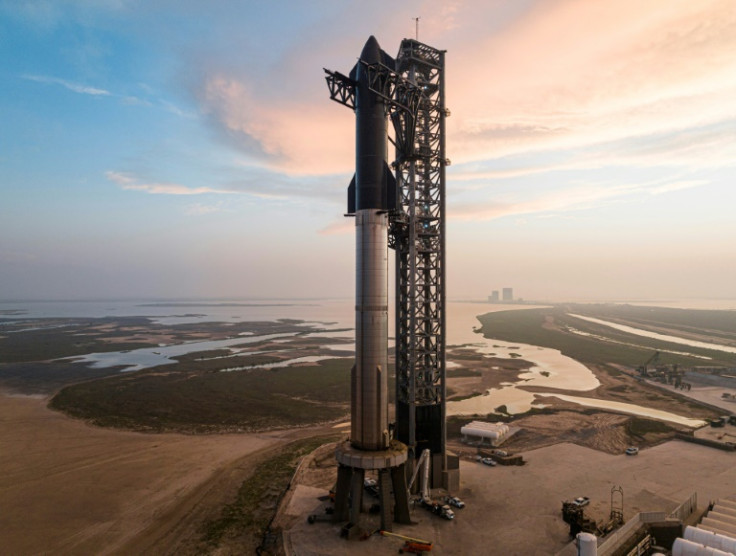Astronauts and Cosmonauts Return to Earth After Year-Long Odyssey in Space
Their mission began as a routine trip to the International Space Station in March 2022, but unforeseen technical difficulties turned it into a year-long space odyssey.

After an unexpected journey that lasted more than a year, a group of astronauts and cosmonauts finally returned to Earth on Wednesday, marking the end of a remarkable and challenging chapter in human space exploration.
Their mission began as a routine expedition to the International Space Station (ISS) in March 2022, but unforeseen technical difficulties turned it into an extraordinary odyssey.
The multinational crew, consisting of NASA astronaut Ruboi and Russian cosmonauts Prokopyev and Petelin landed in a remote area of Kazakhstan. The trio recounted how they had to wait for a replacement Soyuz capsule after their original ride was hit by space junk and lost all its coolant while docked at the International Space Station.
The trio has reportedly logged 157m miles (253m km) since launching from Kazakhstan last September and has been able to circle the world nearly 6,000 times.
The Soyuz Spacecraft has been likened to a lifeboat for those in space. At least one Soyuz is always attached to the space station for the crew to use in emergencies to be able to leave the space station and return to Earth.
American Frank Rubio set a record for the longest US spaceflight as his 180-day mission turned into a 371-day affair. Frank is the new record holder after surpassing Mark Vande Hei's endurance record for a single spaceflight by two weeks.
Soviet and Russian cosmonaut Valeri Vladimirovich Polyakov is the record holder for the longest single stay in space, staying aboard the Mir space station for more than 14 months during one trip.
The crew's original six-month mission aboard the ISS was extended due to a series of technical malfunctions and supply chain issues. Initially, it was planned that a replacement crew would relieve them, but complications in scheduling and logistics left them stranded in orbit for a year-long space odyssey.
The Soyuz capsule that brought Rubio and cosmonauts Sergey Prokopyev and Dmitri Petelin back was a replacement launched in February. Russian engineers presume a piece of space junk to be the culprit of their forced extended stay.
The engineers believe that a piece of space junk pierced the radiator of their original capsule midway through the planned mission. Worried about the capsule's electronics overheating to dangerous levels, the craft returned empty and there wasn't another Soyuz available to launch a fresh crew until this month.
The space station's new commander, Denmark's Andreas Mogensen, said: "No one deserves to go home to their families more than you," to the crew who has finally been able to return to Earth.
Though the situation was far from ideal, the crew members showed remarkable resilience and adaptability. Their stay on the ISS became a test of their physical and psychological endurance as they worked closely together to address the challenges of prolonged spaceflight.
During their extended mission, the crew conducted a series of experiments and studies that were not part of the original plan. These included long-term observations of the effects of space radiation on the human body and the behaviour of microorganisms in the unique environment of the ISS. Their prolonged presence in space provided valuable data for scientists and researchers back on Earth.
The return journey was not without its own set of challenges. The crew had to carefully time their departure to ensure a safe reentry into Earth's atmosphere. Mission Control teams from multiple space agencies collaborated to plan the complex return mission.
After bidding farewell to the ISS, the crew's spacecraft executed a controlled deorbit burn, beginning the process of reentry. Tensions ran high as the capsule hurtled through Earth's atmosphere, subjecting the crew to intense heat and pressure. However, the spacecraft's heat shield performed flawlessly, and the descent was successful.
While the crew members will now undergo a rigorous rehabilitation process to readjust to Earth's gravity, their extraordinary journey will be remembered as a testament to human perseverance and the spirit of exploration.
As space agencies around the world continue to push the boundaries of human spaceflight, this mission serves as a reminder of the challenges and triumphs that await those who dare to venture beyond our planet's confines.
© Copyright IBTimes 2025. All rights reserved.






















